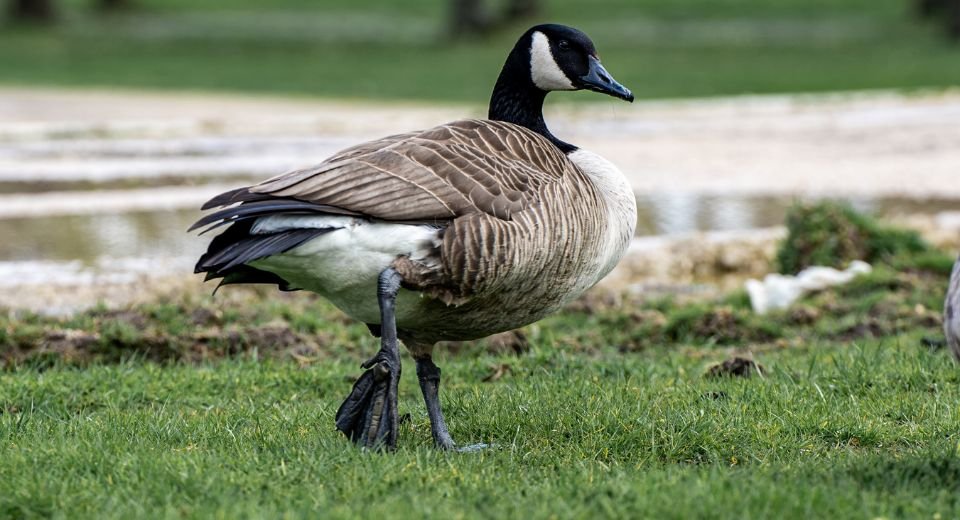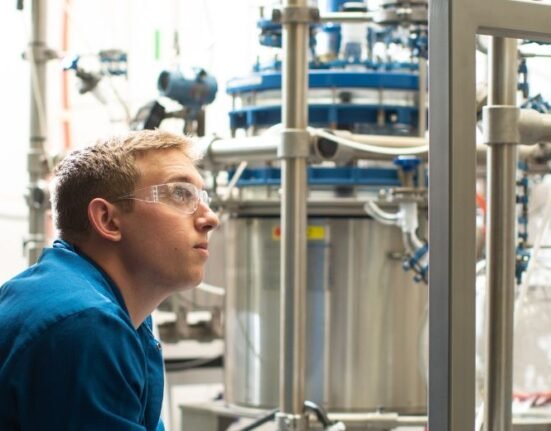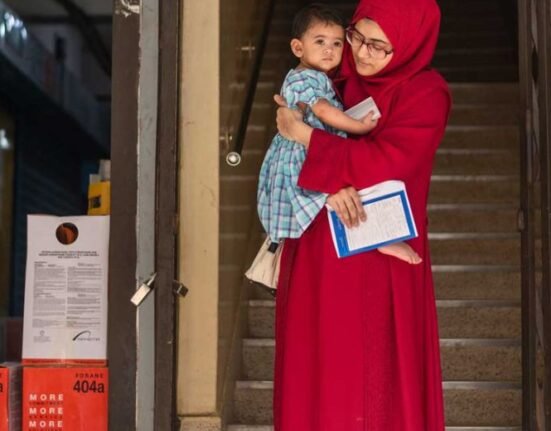HQ Team
October 3, 2023: France has started a vaccination programme for farmed ducks to protect them against highly pathogenic avian influenza (HPAI) inviting a US ban on poultry imports from that country and the EU.
“From October 2023, the French Ministry of Agriculture and Food Sovereignty will conduct its vaccination action plan against,” the virus, according to a statement from the ministry.
“Compulsory vaccination of farmed ducks will therefore apply throughout mainland France with the exception of Corsica.”
In 2012-2013, around twenty countries in Europe were affected by the HPAI virus. Thirty-four were affected by the virus in 2022-2023 and France was no exception, according to a separate statement.
Between 2020-2021, nearly 500 farms were contaminated and 3.5 million poultry were slaughtered. It reached “an unprecedented level” with 1,378 contaminated farms — mainly in the southwest and Pays de la Loire — with 22 million poultry being culled.
Limit cost of crises
From 2020, epizootics become an annual phenomenon in metropolitan France. During the 2022-2023 crisis, when 402 farms were contaminated, 10 million poultry were slaughtered.
In 2022, for the first time, the virus has become established permanently in sedentary wildlife and among migratory birds that spent the winter in France.
The vaccination campaign aims to strengthen the overall resilience of farms and limit the cost of crises, according to the government. The cost of the 2021-2022 crisis amounted to €650 million from public finances, “to which must be added the resources mobilised under the partial activity regime.”
The U.S. Department of Agriculture’s Animal and Plant Health Inspection Service placed restrictions on the importation of poultry from France, as well as live ducks, duck eggs, and untreated duck products from the European Poultry Trade Region (EPTR, excluding Great Britain) as well as Iceland, Switzerland, Liechtenstein, and Norway.
“These restrictions are due to increased risk of introducing Highly Pathogenic Avian Influenza into the United States and will be effective October 1, 2023,” according to a statement from the animal department.
Risk of infection in exports
The restrictions are based on the World Organisation for Animal Health’s definition of poultry and are the result of France’s decision to vaccinate commercial meat ducks against HPAI.
France’s decision to vaccinate presents a risk of introducing HPAI into the US, according to the statement.
The US does not currently allow the import of poultry from countries affected with HPAI or from flocks that have been vaccinated by HPAI.
“Vaccination of poultry against HPAI virus may mask HPAI virus circulating in poultry. Vaccinated birds may not show signs of HPAI infection, which could lead to the export of infected live animals or virus-contaminated products to the United States.”
European Union (EU) Member States and other European countries have open access to the European common market for trade in avian commodities.
Many of these countries are also part of the EPTR for export purposes. The EPTR allows listed European countries to self-impose and self-lift restrictions for HPAI disease for the purposes of trade.
‘Vaccination leaves US exposed’
When the EPTR was established, European countries were not considering vaccination against HPAI at the time. Therefore, APHIS did not evaluate HPAI vaccination in the review of the European countries, according to the statement.
“Vaccination against HPAI leaves the United States potentially exposed to an undetermined risk from EPTR imports. With the way poultry moves under the EPTR, we currently cannot be assured countries trading in the European common market can reliably certify that exports do not originate from European countries that vaccinate poultry for HPAI.”
Accordingly, these restrictions address the risk of open trade within Europe while accounting for the higher risk with imports from France.
APHIS is in talks with the European Commission about HPAI vaccination programs in the EU.
The French government stated that vaccination against HPAI had long been prohibited by European regulations. “It is now possible since the adoption of a European regulation on February 20, 2023.”
“For fear of introducing the virus into their territory, certain countries have long displayed a precautionary position by refusing to import poultry or products from poultry that have been vaccinated.
“Proceeding with vaccination meant taking the risk of seeing your export flows blocked. The new generation of vaccines is now changing the situation by offering a clear biological signature.”








